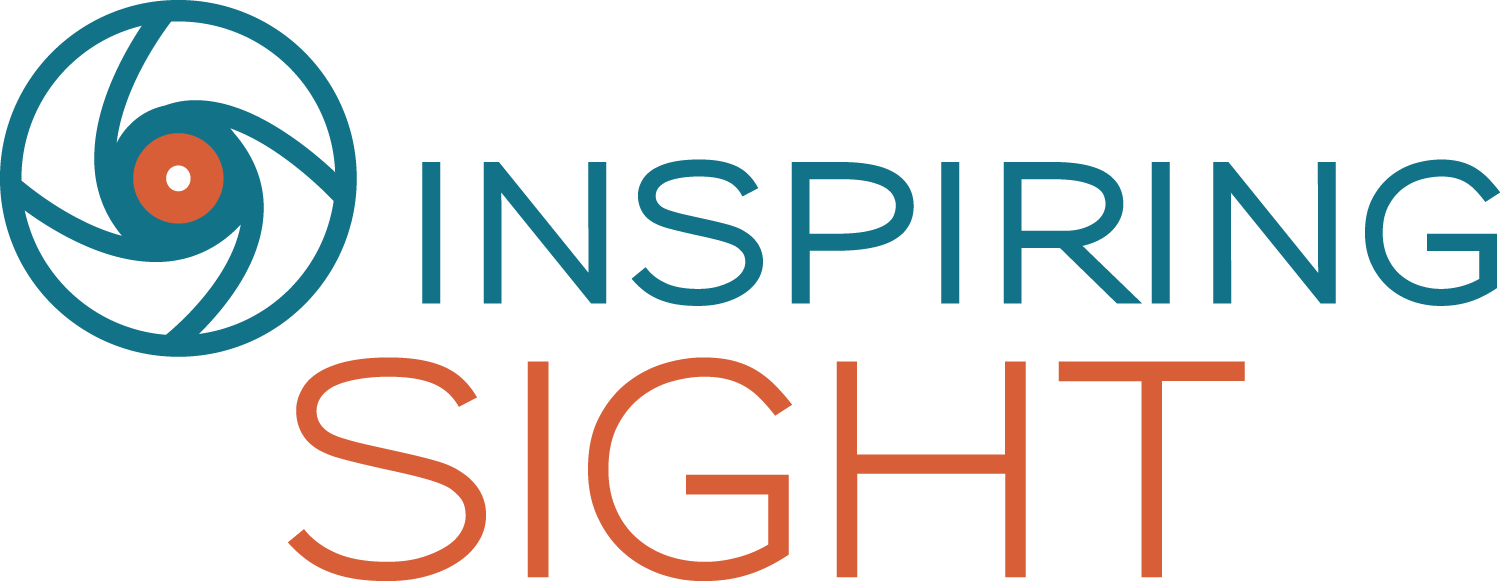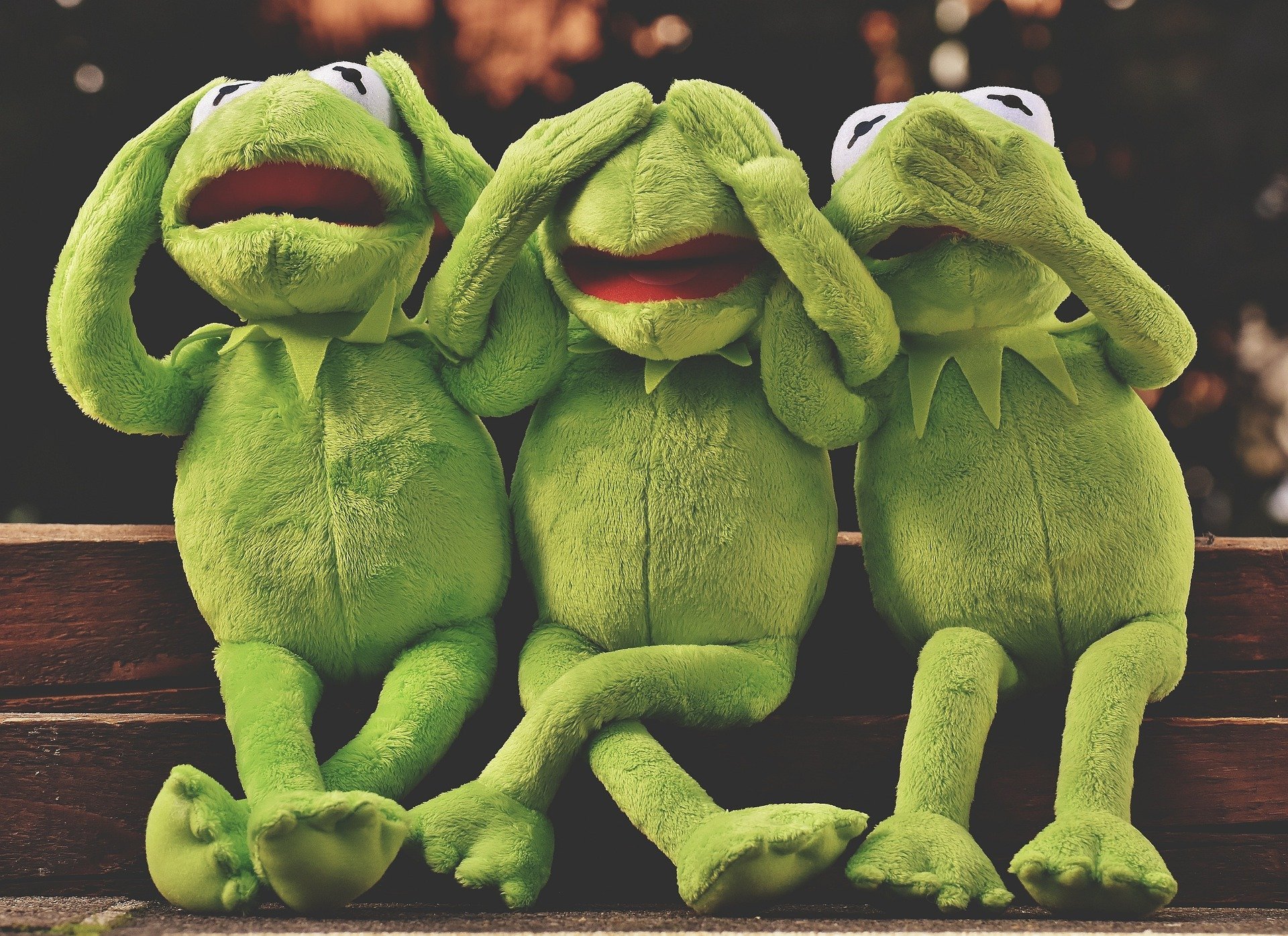IGNORANCE IS BLISS: WHAT CAN’T YOU UNSEE?
IGNORANCE IS BLISS: WHAT CAN’T YOU UNSEE?
Mary Kay Delvo, INspiring SIGHT, Organizational Coach | Strategist | Facilitator
While growing up, I remember hearing and even saying the phrase "ignorance is bliss". Although I must admit, I didn't really understand the meaning of it until I was in my twenties in my new career as a social worker. What I experienced in my first four years on the job forced me to learn first-hand what it meant in my own life and its prevalence throughout our society.
It was 1994. I had just moved to the Twin Cities from North Dakota to begin a job as a homeless outreach counselor. I served roughly 400 adults per year who were living with serious and persistent mental health diseases. I did outreach, so the people I met were either already homeless or about to be. In most cases, the issues were complex, heartbreaking and systemic.
MY BLISS LENS
Over the course of my four years on the job, I came to learn that it was possible even for people with good-paying jobs to lose everything in an instant should they develop a serious mental health condition or other equally debilitating health issues. As a homeless outreach counselor, I came to know the locations of hidden homeless shelters and apartments run by slumlords. I learned that even in below zero temperatures people called empty semi-trailer boxes home and that dumpsters doubled as teenage bedrooms and temporary hiding places for belongings while at school or work during the day. To my surprise, I also learned that children can be removed from their homes under the guise of neglect because parents could not afford to purchase a new mattress, a mattress cover or wash their child's bedding daily to get rid of the urine smell after their child's nightly soiling driven by extreme levels of anxiety.
MY NEW LENS
Before the experience of my job forced me to see a reality different than my own, I lived what I would call an "ignorance is bliss" life. Like most of us, I drove through communities seeing only what is on the surface--shopping malls, churches, schools, city halls and parks. No longer. I have lost my "bliss factor". What I was now aware of could no longer be unseen. I could no longer look at dumpsters and see just trash receptacles. I could no longer look at city parks and see only recreational space without seeing them as places people call home in the dark hours. I could no longer drive by apartment buildings without knowing some of what happens there and how many people would be evicted from them. I could no longer look at certain houses as family homes once I knew they doubled as homeless shelters. With my "bliss factor" no longer intact, I had a new lens for looking at the world around me. I no longer only see what is on the surface but am curious about what lies below that isn't readily visible. I no longer look at individuals without understanding they are part of a larger system. I no longer evaluate a person's behavior based solely on what they are putting in front of me--I no longer see things simply as black or white.
The "Bliss factor" is real and no one is immune. It takes place within individuals, leaders, communities and entire systems. When ignored, we find black and white solutions or even worse, don't see a problem that needs solving at all. These bliss factors can also create unconscious bias.
Our world is complex and the formula for solving these issues is nearly always in the gray. Consider what a difference it may make if we looked for the bliss factors in our own lives?

